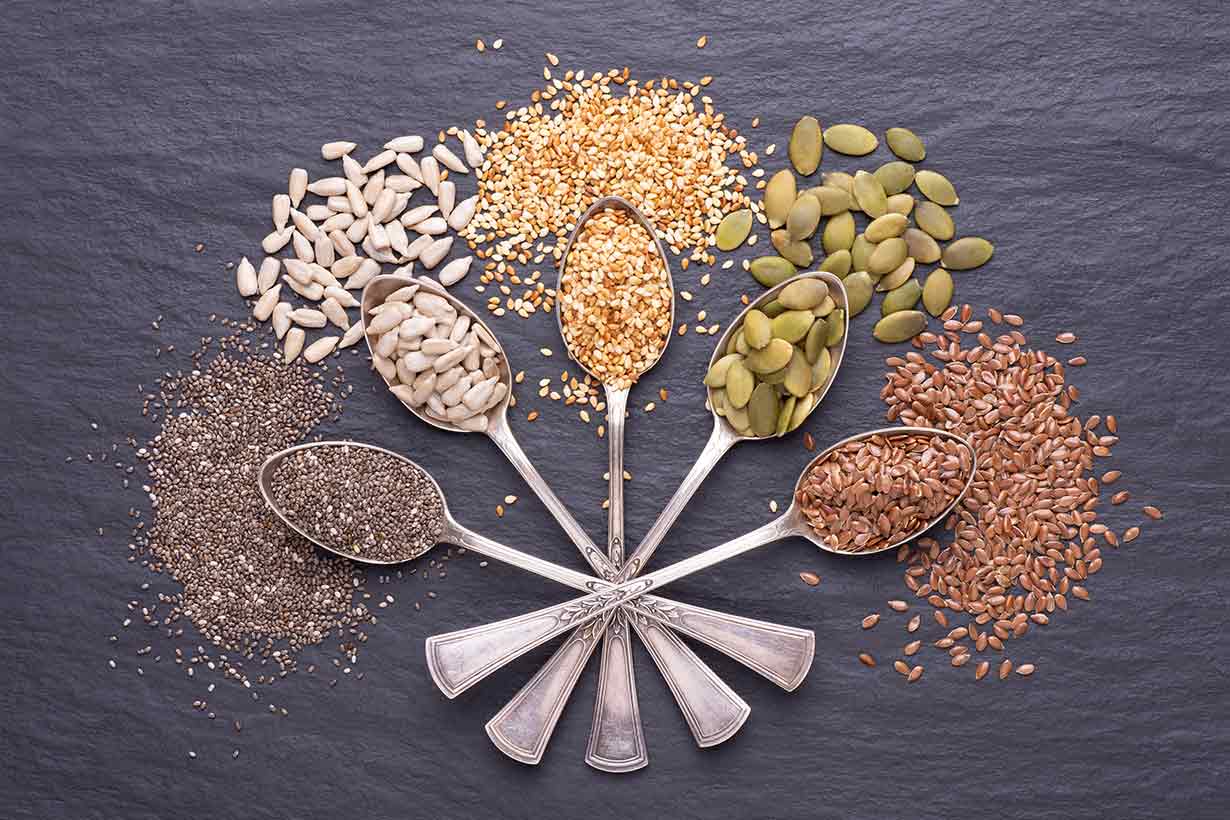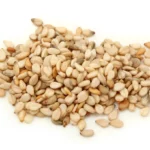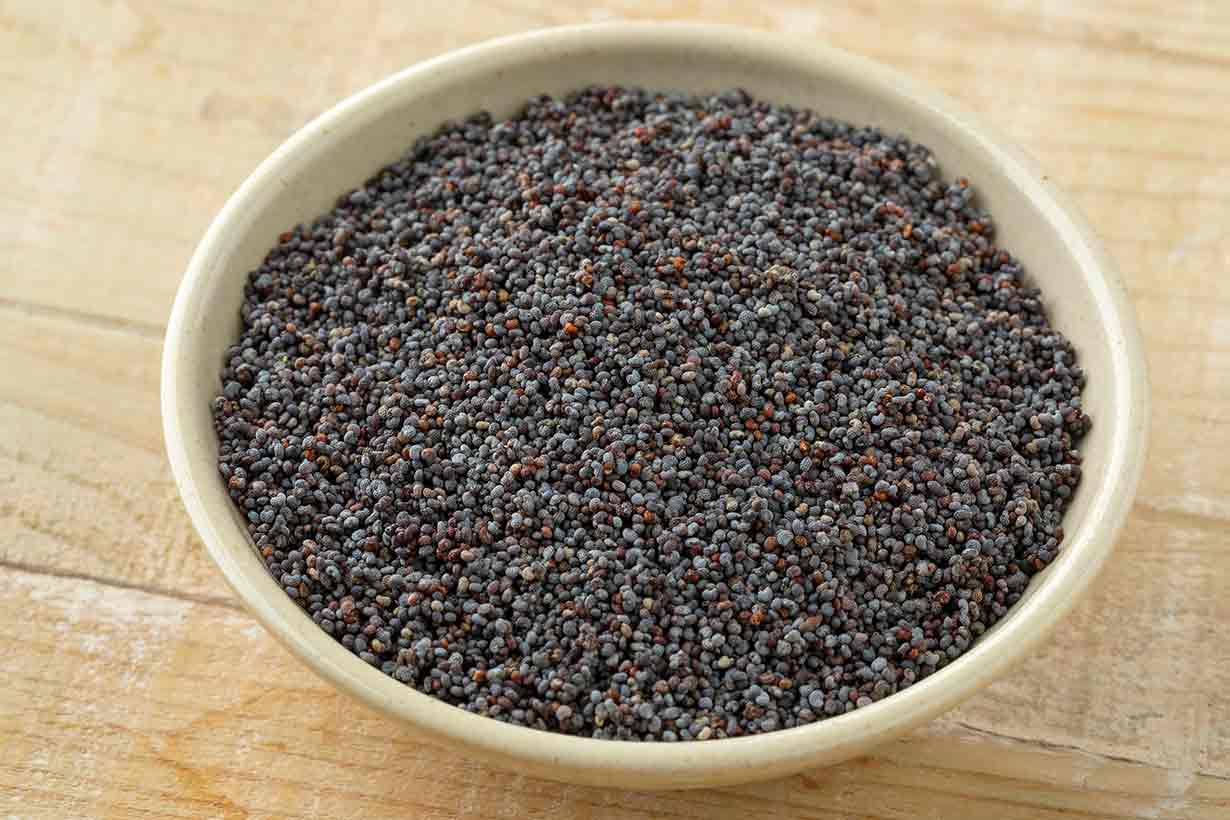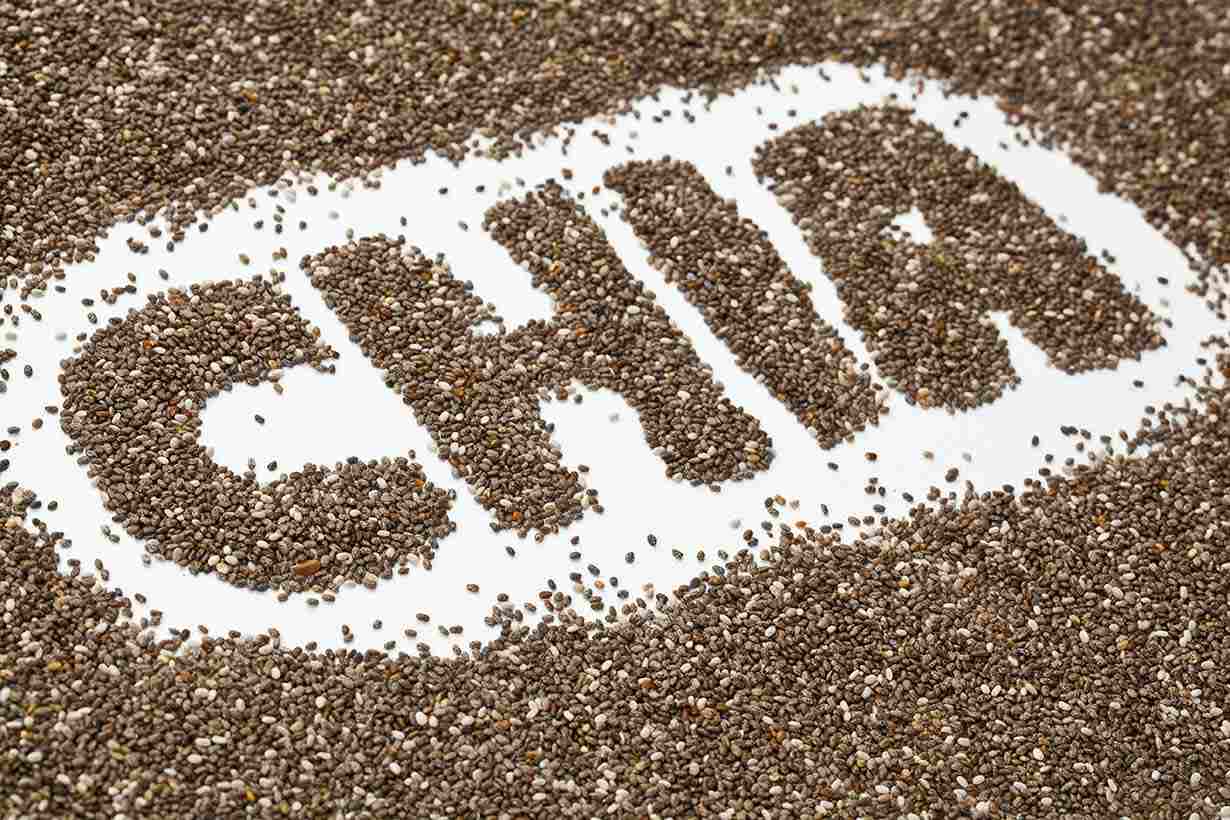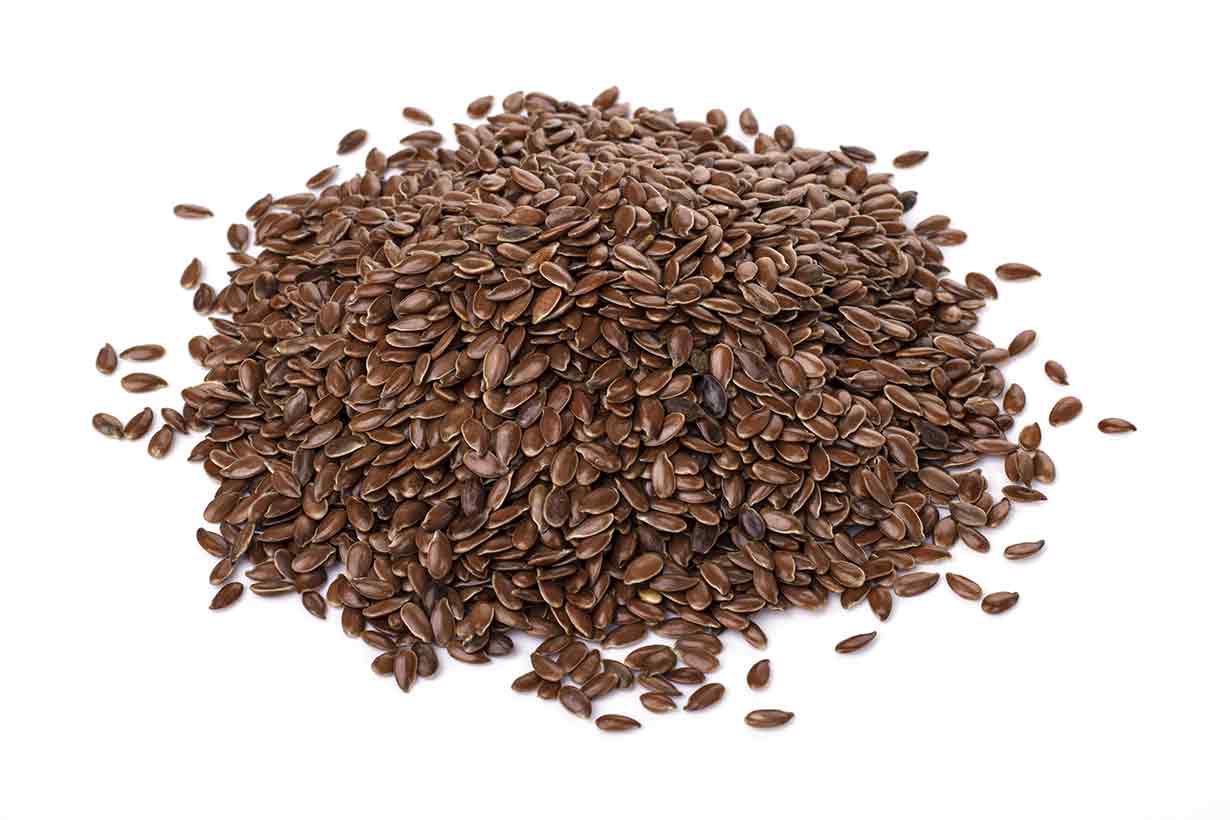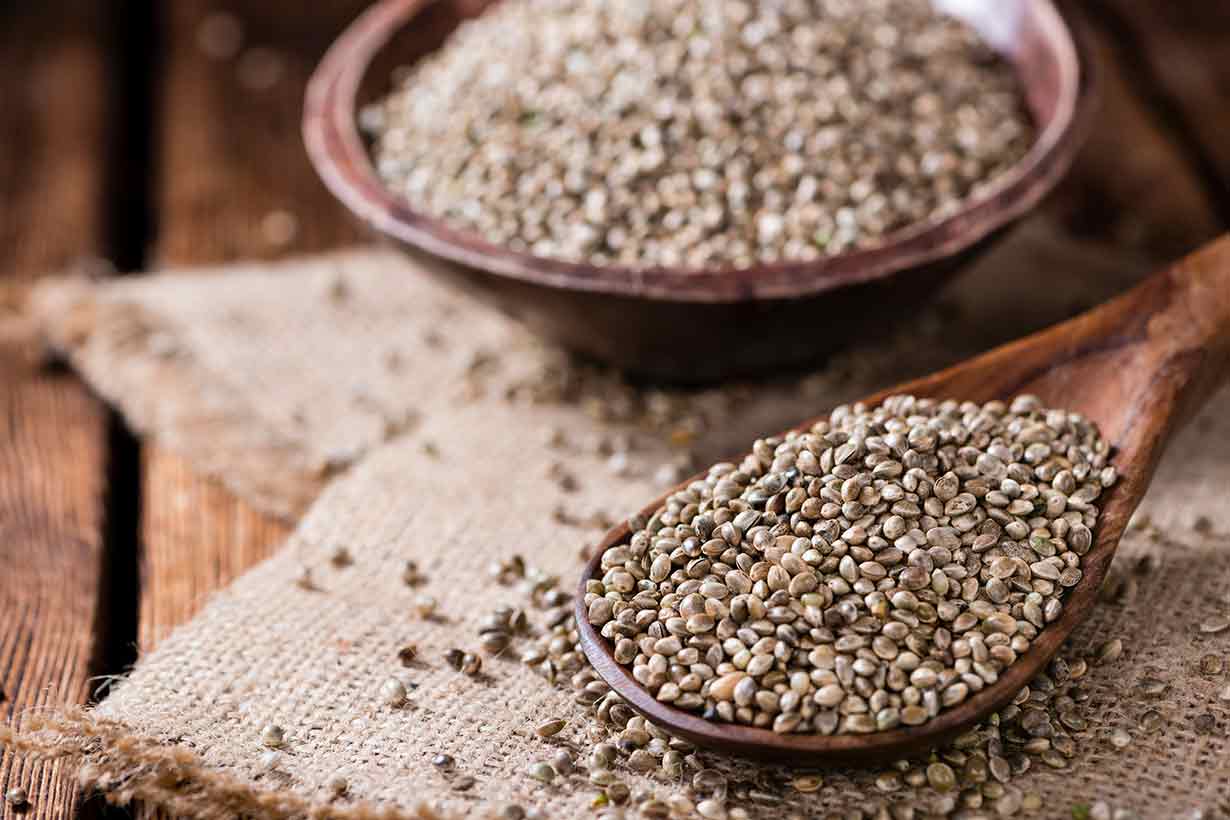Sunflower seeds are the edible seeds of the sunflower plant, known scientifically as Helianthus annuus (1).
This article examines research on the potential health benefits of sunflower seeds, as well as their full nutritional profile.
The Nutritional Profile of Sunflower Seeds
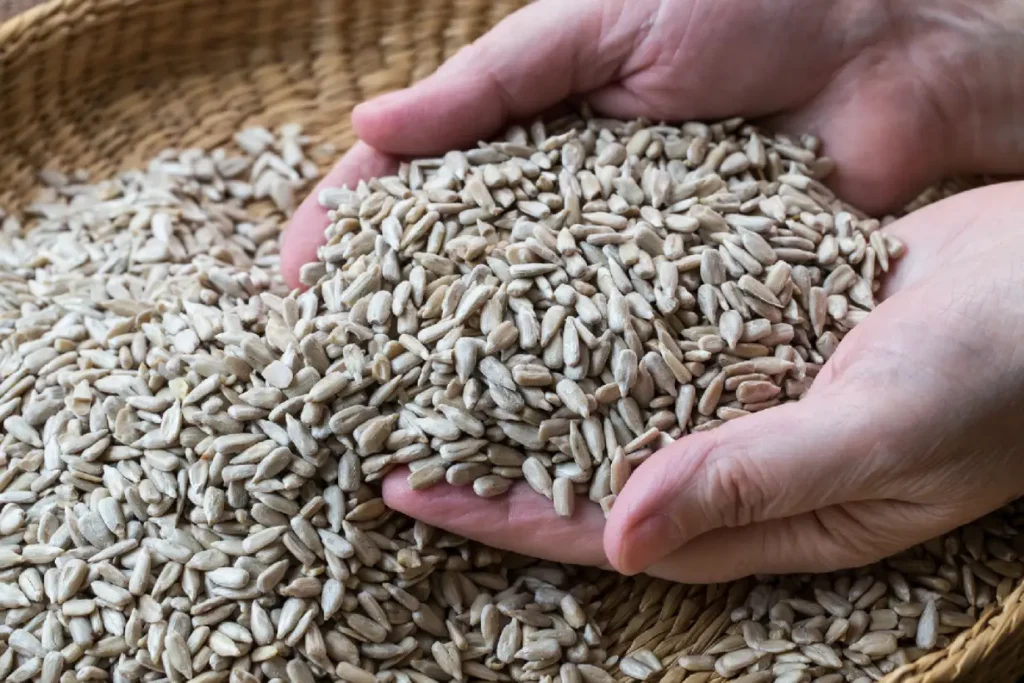
Before we look at their health effects, let’s first examine the essential nutrients they provide.
A typical serving size for sunflower seeds is one ounce, which is equal to 28.35 grams.
According to USDA data, here are the complete nutritional values plain, unsalted sunflower seed kernels per one-ounce serving (2).
Table of contents
Calories and Macronutrients
- Calories: 165 kcal
- Carbohydrates: 6.82 g (2% of the daily value (DV))
- Fiber: 3.15 g (11% DV)
- Sugars: 0.77 g
- Fat: 14.1 g (5% DV)
- Saturated fat: 1.48 g (7% DV)
- Monounsaturated fat: 2.7 g
- Polyunsaturated fat: 9.32 g
- Omega-3: 0.02 g
- Omega-6: 9.29 g
- Protein: 5.48 g (11% DV)
- Cholesterol: 0 mg (0% DV)
A typical serving of sunflower seeds provides 165 calories, a high amount of fat, and moderate levels of carbohydrates and protein.
Vitamins
- Vitamin E: 7.4 mg (49% DV)
- Folate, DFE: 67.2 mcg (17% DV)
- Niacin (B3): 2 mg (13% DV)
- Riboflavin (B2): 0.07 mg (5% DV)
- Thiamin (B1): 0.03 mg (3% DV)
- Choline: 15.6 mg (3% DV)
- Vitamin C: 0.40 mg (<1% DV)
- Vitamin A, RAE: 0 mcg (0% DV)
- Vitamin B12: 0 mcg (0% DV)
- Vitamin D: 0 mcg (0% DV)
- Vitamin K: 0.8 mcg (<1% DV)
Sunflower seeds are an excellent source of vitamin E, providing 49% of the daily value. The seeds also offer a good amount of folate and niacin.
Minerals
- Copper: 0.52 mg (58% DV)
- Selenium: 22.5 mcg (41% DV)
- Phosphorus: 327 mg (26% DV)
- Zinc: 1.5 mg (14% DV)
- Magnesium: 36.6 mg (9% DV)
- Iron: 1.08 mg (6% DV)
- Potassium: 241 mg (5% DV)
- Calcium: 19.8 mg (2% DV)
- Sodium: 0.85 mg (<1% DV)
Sunflower seeds provide an abundance of essential minerals, offering high copper, selenium, and phosphorus content.
Health Benefits of Sunflower Seeds
In this section, we’ll look at some of the key benefits of sunflower seeds and explore what scientific research has uncovered.
May Have Benefits for Heart Health
There are several nutrients in sunflower seeds that may help support heart health: their unsaturated fat content, phytosterols, and fiber.
Just a 28.35-gram (one-ounce) serving of sunflower seeds provides 9.32 grams of polyunsaturated fat, specifically a polyunsaturated fatty acid called linoleic acid (2).
A higher ratio of polyunsaturated fat to saturated fat in the diet can lower LDL cholesterol (LDL-C) levels (3). Higher LDL-C levels are strongly linked to an increased risk of cardiovascular disease (4).
A systematic review of 40 randomized controlled trials demonstrated that linoleic acid intake significantly decreases LDL-C compared to saturated fat (5).
Sunflower seeds also contain phytosterols, which are compounds found in plants that structurally resemble cholesterol.
Research shows that these compounds compete with cholesterol and can be absorbed in place of it, thus decreasing cholesterol absorption from food. This mechanism can reduce LDL-C levels (6).
Sunflower seeds contain approximately 270–289 mg of phytosterols per 100 grams, particularly beta-sitosterol, delta5-avenasterol, and campesterol (7).
Studies Indicating Sunflower Seeds May Have Cardiovascular Benefits
Some studies on sunflower seeds have confirmed their potential benefits for heart health.
In one study, sixty men with high LDL-C levels consumed bread made using 7.5% sunflower-seed flour daily for four months. This led to an increased intake of linoleic acid among the participants. At the end of the four-month period, total cholesterol had fallen by approximately 9 mg/dL, with LDL-C falling by 3.41 mg/dL (2.1%) (8).
A randomized controlled trial also found that a daily dose of 25 mL sunflower oil lowered LDL-C by 10.8% over a seven-week intervention. 25 ml of sunflower oil is approximately equivalent to the fat content of 50 grams of sunflower seeds (9).
A further study fed women with type 2 diabetes 30 grams of sunflower seed kernels per day for three weeks. This intervention led to a 9.5% fall in LDL-C levels (10).
Key point: Sunflower seeds contain linoleic acid, a polyunsaturated fat that can lower LDL-C levels. This may help reduce the risk of cardiovascular disease.
Sunflower Seed Extracts Appear To Help With Fat Loss
A recent study published in 2024 found that supplementation with sunflower-seed extract reduced body fat in 100 adults (10).
This study involved participants consuming either 500 mg of sunflower-seed extract containing 100 mg of chlorogenic acid—the primary polyphenol found in sunflower seeds—or a placebo each day for 12 weeks.
At the end of the study, the 50 participants who consumed the extract each day had a greater loss of body-fat mass. A prior study published in 2019 also reported similar findings (11).
However, we should note that this was a sunflower-seed extract rather than whole sunflower seeds. Concentrated extracts can contain many of the plant chemicals found within sunflower seeds, but without the calories, fats, carbohydrates, and other nutrients.
This being the case, we cannot assume whole sunflower seeds would have the same effect as a concentrated extract. Further research using whole sunflower seeds is necessary before we can attribute this fat-loss effect to sunflower seeds.
Key point: Research indicates that sunflower-seed extract may aid fat-loss efforts. However, there is no current evidence to suggest whole sunflower seed intake has this same effect.
May Help With Lowering Blood Sugar Levels
According to a systematic review of 14 studies, sunflower-seed extracts lower fasting blood glucose in clinical and preclinical studies (12).
Once again, we should be careful about extrapolating these results directly to whole sunflower seeds, as extracts and whole foods differ significantly.
However, sunflower seeds are a good source of fiber, containing over 3 grams of fiber per one-ounce serving (2).
A systematic review of interventional trials and observational studies found higher dietary fiber intakes improve blood-sugar control (13).
Key point: Studies show that sunflower-seed extracts can lower fasting blood sugar. Sunflower seeds are a rich source of fiber, which is associated with benefits for blood-glucose control.
Provide a Significant Source of Vitamin E and Folate
Two essential nutrients found at high levels in sunflower seeds are vitamin E and folate. Depending on overall dietary patterns, it can sometimes be difficult to get optimal levels of these vitamins from food.
Per one-ounce (28.35-gram) serving, sunflower seeds provide 49 % of the daily value for vitamin E (2). Vitamin E is an essential nutrient with important antioxidant functions that help protect the body against free radical-induced damage (14).
Likewise, folate is critical for supporting the body’s production of DNA and red blood cells. A one-ounce serving of sunflower seeds provides 17% of the daily value for folate. This vitamin is particularly important for healthy pregnancies, as sufficient folate intake helps prevent birth defects (15).
Note: It can be difficult to consume enough folate from food. Major health organizations, including the U.S. Centers for Disease Control and Prevention (CDC) and the World Health Organization (WHO), recommend that women trying to conceive supplement with 400 mcg of folic acid daily (16, 17).
Key point: Sunflower seeds contain high amounts of vitamin E and folate.
Potential Drawbacks
Generally speaking, sunflower seeds are a positive addition to the diet. However, here are some contexts in which they may have downsides.
Allergies
Sunflower seeds are not among the “Big 9” allergens—a list which includes dairy, tree nuts, soy, and sesame (18). Furthermore, allergy to sunflower seeds is regarded as relatively rare (19).
However, allergies do exist, and there have been numerous case reports of allergic reactions (20, 21, 22, 23, 24, 25):
As with any allergy, reactions to sunflower seeds can be severe. Anyone who suspects they may have an allergy should consult a healthcare professional.
Overconsumption May Cause Gastrointestinal Issues
It is possible that overconsuming sunflower seeds may lead to gastointestinal distress.
In extreme circumstances, bowel obstructions have been reported in the scientific literature (26, 27, 28, 29, 30, 31).
However, those cases involved very high intakes. For example, in one report, a 12-year-old boy had consumed 200 grams of unhulled sunflower seeds in one sitting (30).
These blockages are known as phytobezoars, and they can form when undigested plant material builds up, particularly when large amounts of fiber are consumed in a short period without chewing properly (32, 33).
When consumed in recommended amounts, both fiber and sunflower seeds are health-promoting choices.
Heavy Metal Content
Sunflower seeds contain small amounts of the heavy metals cadmium and nickel.
In one study, the cadmium content of 55 samples of sunflower seeds ranged from 0.25–0.69 mg per kilogram and nickel ranged from 2.3–5.3 mg per kilogram (34).
To investigate any potential adverse effects, a study fed participants 9 ounces (255 grams) of sunflower seed kernels per week for 48 weeks (35).
No significant increases in blood cadmium levels or markers of kidney dysfunction were observed.
Many foods contain varying amounts of heavy metals, and this is not ideal. However, this study shows that moderate consumption of sunflower seeds is unlikely to cause harm from heavy metal exposure.
Even eating the recommended one-ounce serving of sunflower seeds every day would be less each week than the nine ounces consumed in this study.
Key point: Potential drawbacks include allergen potential, issues relating to overconsumption, and heavy-metal content. However, these downsides are context-dependent, and people without allergies are unlikely to experience negative effects from moderate intake.
How To Store (and Eat) Sunflower Seeds
Because sunflower seeds are high in dietary fat, they have the potential to spoil and oxidize if stored improperly.
Factors that can hasten spoilage include:
- Exposure to light.
- Being stored in excessive temperatures—like room temperature in a hot summer.
- Oxygen exposure.
To keep sunflower seeds fresh for longer and prevent rancidity, we can:
- Store them in an airtight, sealed container.
- Keep the container in a refrigerator or a dark cupboard.
How To Use Sunflower Seeds
Like most seeds, sunflower seeds are a versatile food and they can be used in various ways.
Here are some ideas:
- Mix them into yogurts, cereals, granola, and oatmeal.
- Combine with other seeds and nuts in a trail mix.
- Add them to salads.
- Use them in curries or pasta dishes to up the nutrient content and provide some crunchy texture.
- Make sunflower seed butter by blending one cup of sunflower seeds with a pinch of salt in a high-powered-blender or food processor.
- Add them to stir-fries.
For a higher depth of flavor, sesame seeds may be preferable for use in cooking.
Are Sunflower Seeds a Healthy Choice?
As discussed, sunflower seeds provide high amounts of fiber, polyunsaturated fat, vitmain E, and folate.
Research also supports potential benefits for heart health and blood sugar control.
While the seeds may also have some downsides, these are context-dependent and unlikely to outweigh their benefits in the context of moderate consumption.
Overall, nutritional data and studies support sunflower seeds as a healthful addition to the diet.

